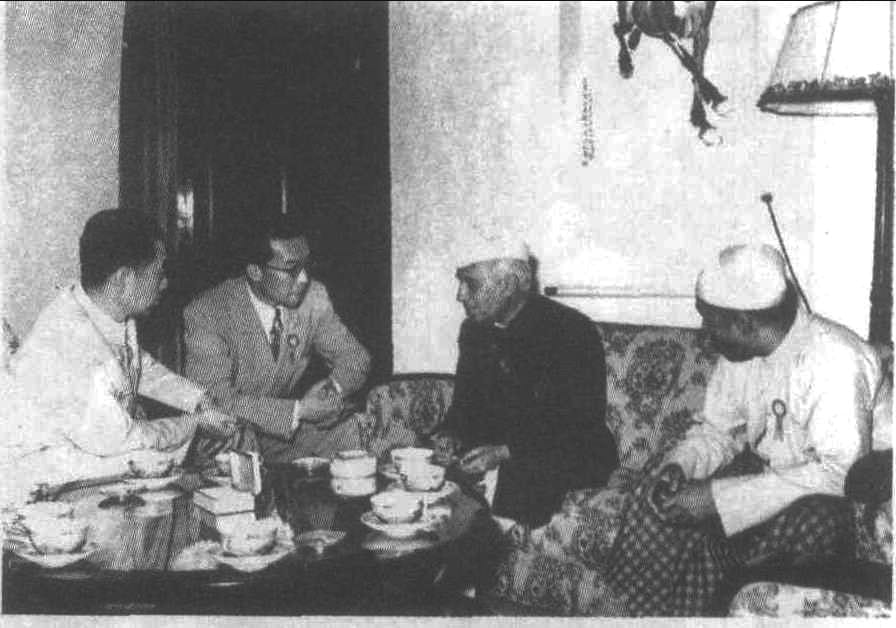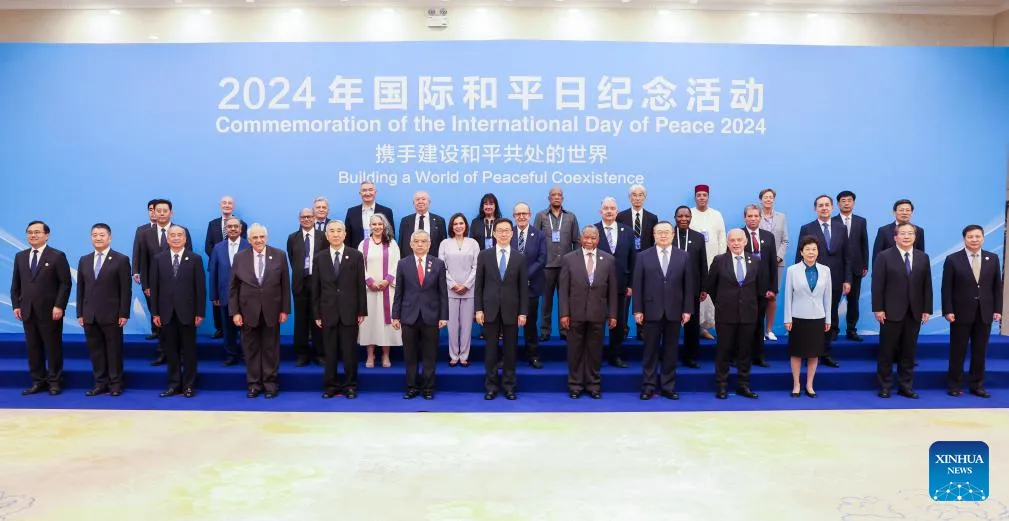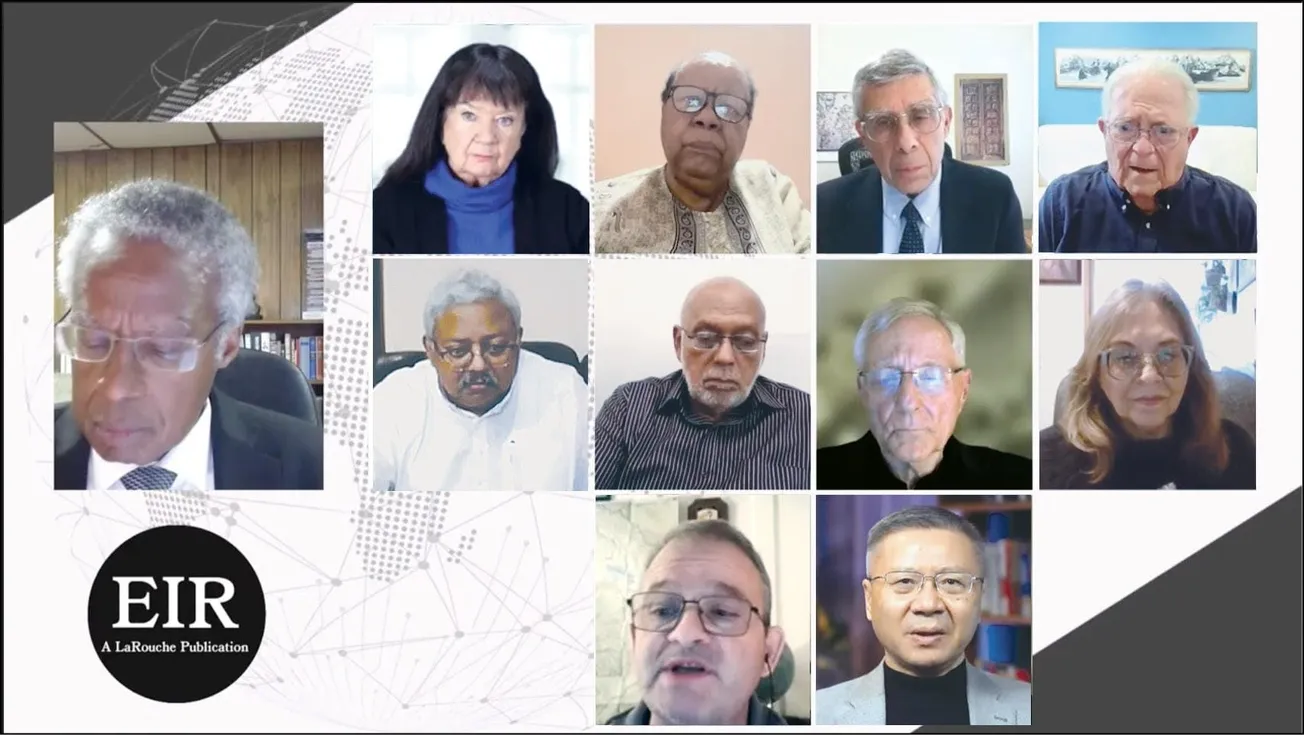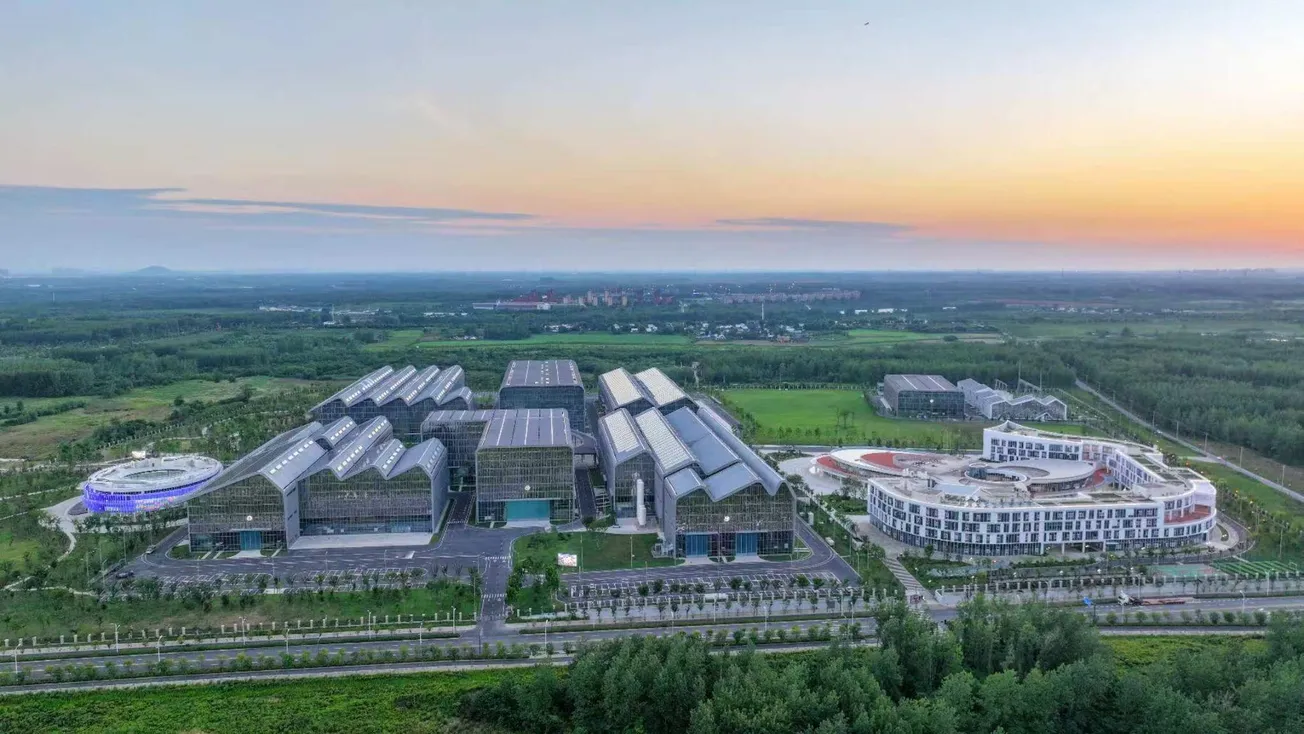Oct. 28—From September 19 to 21, the Chinese People’s Association for Peace and Disarmament held a high-level event in Jinan and Weifang, hosted by the Shandong Provincial People’s Government for the Commemoration of the International Day of Peace, titled, “Upholding a Shared Future to Build a World of Peaceful Coexistence.”
A four-member delegation of the Schiller Institute from Germany and France, led by Helga Zepp-LaRouche, including this author, was present to make sure Western Europe was represented in the chorus of 80 countries that gathered for this special event.
The official conference concept referenced Chinese President Xi Jinping’s observation that the world is undergoing “changes, the likes of which we have not seen for 100 years,” and called on the delegates to work together for a common destiny of mankind.
Among the many attendees of the event were important political and academic leaders from around the world including: Han Zheng, the Vice President of the People’s Republic of China; Kgalema Motlanthe, the former President of South Africa; Samper Pizano, the former President of Colombia; Ueli Maurer, the former President of Switzerland, and many international representatives of academic institutions as well as peace movements. The Global South was well represented.
The keynote address by Han Zheng set the tone and the goal of the conference, which can be encapsulated as “building a world of pacific coexistence” instead of geopolitical competition, at a time when the world has become a “global village.” Hence, the world has to be understood as a “community of shared future” that we have to build through the promotion of solid development. In that respect we must consider “peace as the basis for development and development as the basis for peace.”
Kgalema Motlanthe referenced Zhou Enlai’s Five Principles of Peaceful Coexistence as well as the need for “equitable and inclusive growth.” Most importantly, given the present danger of nuclear confrontation, he raised the issue of the non-proliferation treaty and the urgent need for a commitment to this treaty as such, to nuclear non-proliferation, and to peace, underlining that “peace means far more than the absence of wars and conflicts.”








